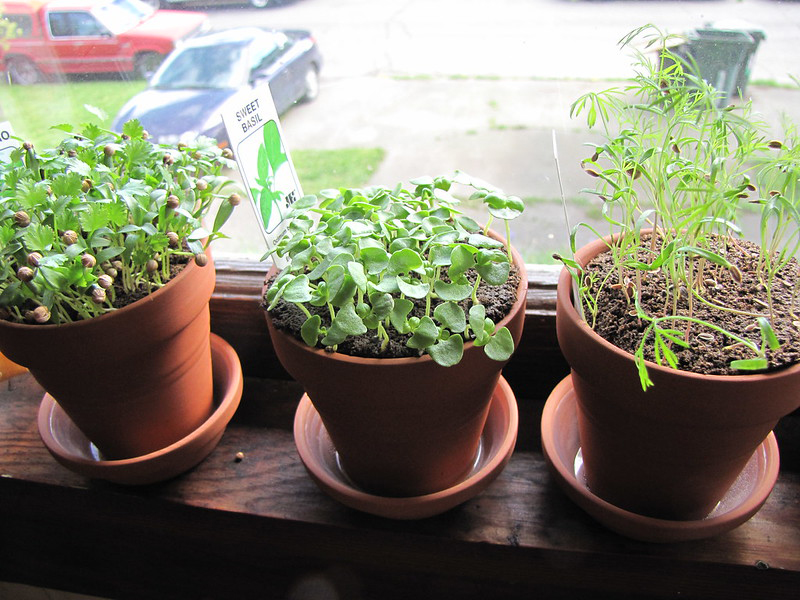To Caregivers (and Caregiver-Educators)
Students, caregivers, and educators are all facing a great deal of stress as we struggle to address students’ educational needs in the time of Covid-19. This activity encourages middle and high-schoolers to think flexibly and creatively about their opportunities for learning – both during the pandemic and beyond. It also suggests strategies to help establish reasonable and sustainable home-learning environments and routines.
The activity can be done independently by young people or together with family and friends.

Introduction
It is not uncommon for students to express a desire to learn about topics outside of their school’s course offerings. Few schools are fortunate enough to offer classes in subjects like financial management, home economics, civics, business and entrepreneurship, or trades. However, homeschooling may present an opportunity to delve into some of these areas.
A Student-Driven Home Learning Process
1. List and assess
- Concrete skills, like cooking with measured ingredients
- Life skills like organizing, repurposing, or decluttering
- Social and emotional skills such as better understanding the needs and emotions of others.
List things that you have been learning. For each item, list ways that that the new skill can benefit you in the future.
2. Further personalize your learning experience
What’s not on this list that you’d like to add? What are you curious about? What do you love to do and want to get really good at? What can you be more intentional about learning?
Use the resources available to you (people in your home, the internet, reading material, the knowledge of friends, etc.) to learn something new. You might:
- Learn a new language
- Cultivate a window herb garden
- Learn how to negotiate skillfully (with a sibling, a parent/guardian, or other relative)
- Delve into astronomy and learn about objects in the night sky (like the recent pink supermoon)
- Write songs/rhymes/poetry, or enjoy new styles of music
- Learn about a piece of history or a social movement you’re curious about
- Learn how to build a useful object or fix something that is broken
- Learn immigration stories (or other historical accounts) of a family member
- Begin a morning meditation or yoga routine
3. Make your plan
Choose 3-5 activities (from this list or a list of your own) to commit to learning. For each activity, consider:
- Why are you interested in expanding your knowledge or skills in this area?
- Besides yourself, who might benefit from your new knowledge, and in what ways?
For each activity, set a specific learning goal. What exactly do you hope to learn to do? What is your measure of success for your goal? When do you hope to achieve that goal?
How exactly will you go about learning this new skill? Make a plan.
4. Do it & track it
Begin implementing your plan.
Every week, keep track of the progress you’re making in your learning goals by journaling or discussing with a friend or relative.
5. Stay curious and keep learning
Celebrate your accomplishments as you expand your knowledge! Remember that your unique experiences are valuable, and ask yourself, how can I continue to learn and grow daily?
6. Get your voice heard
Consider sharing what you’ve learned and how you’ve learned it in an article or post, so that other people might benefit from your experience.
How might you go about encouraging teachers and administrators in your school to consider investing in some of these learning areas once the pandemic is behind us?
Consider working in pairs or teams to formulate pitches, hold meetings, write letters, start affinity groups or interest clubs—whatever it takes to garner support and get your voice heard!